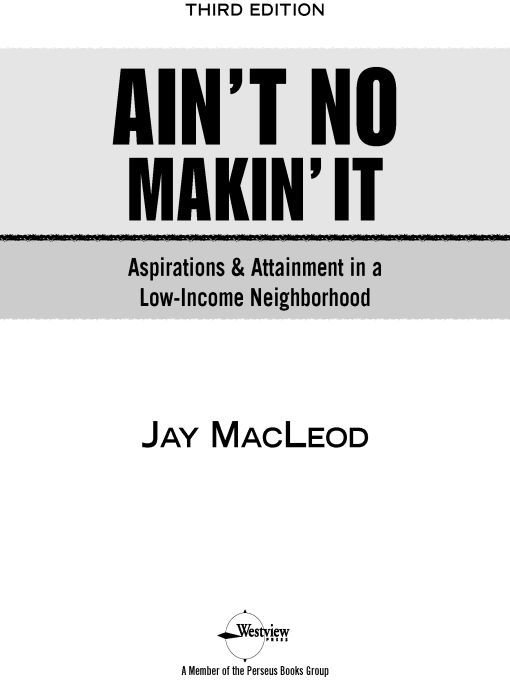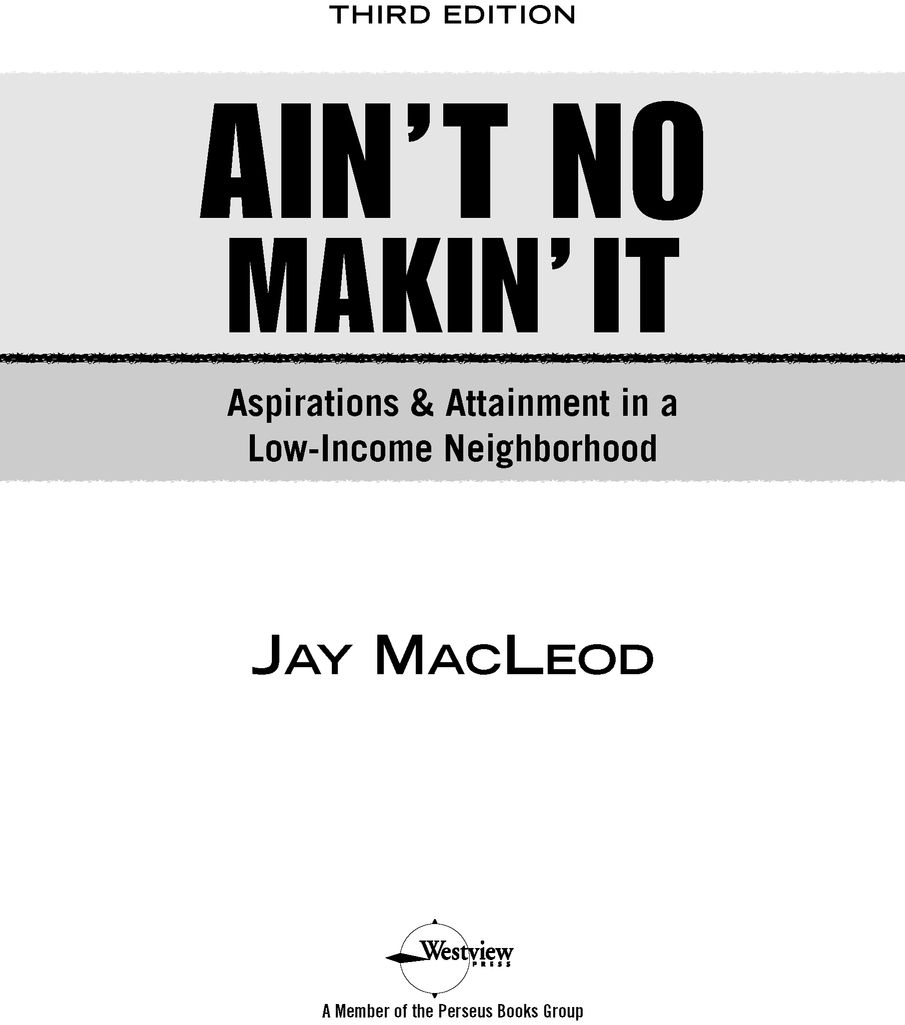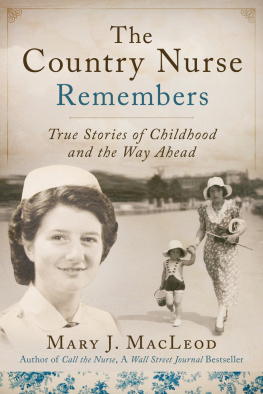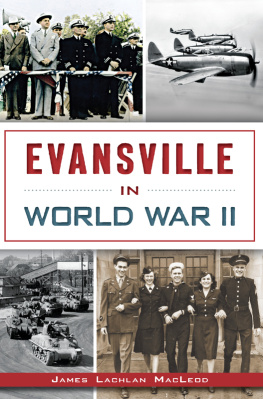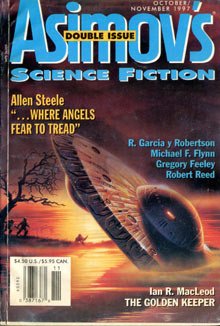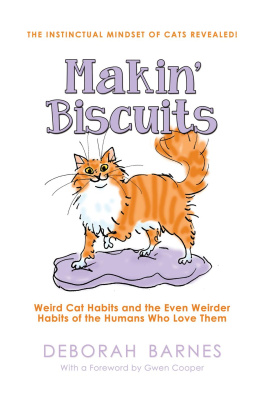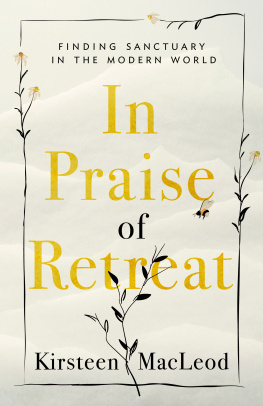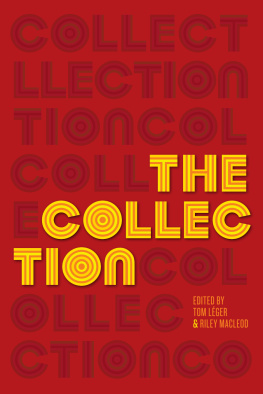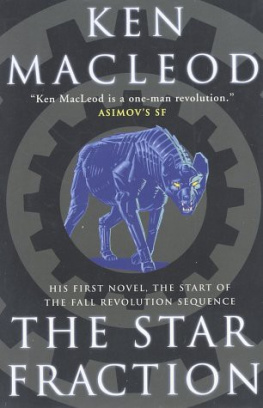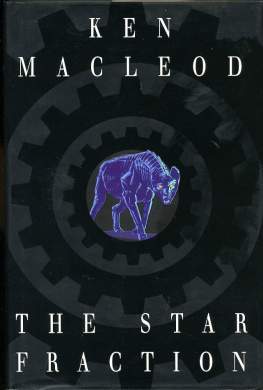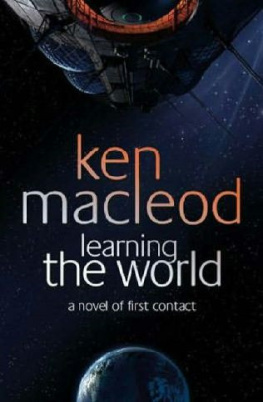Table of Contents
Praise for the Third Edition of Aint No Makin It
This classic book, which now spans twenty-five years, has done more to enhance our understanding of the complex relationship between institutional structures and attitudes, beliefs, and experiences than any other single publication. Readers of this new edition of Aint No Makin It will fully appreciate that the odds of succeeding in life tend to be remote for those who start at the bottom.
William Julius Wilson, Lewis P. and Linda L. Geyser University Professor,
John F. Kennedy School of Government, Harvard University
Jay MacLeods Aint No Makin It is, simply, one of the best urban ethnographies of the past twenty-five years. There is not an ounce of romanticism in this study. It is not only a startling and beautifully crafted work of observation of the grim but vital lives endured by its subjects, but it has ideas about why and how the conditions he describes occurred. MacLeods people come alive in the text and, in this respect, the book can be read as a three-dimensional novel, which is a high compliment.
Stanley Aronowitz, Distinguished Professor of Sociology and
Urban Education, Graduate Center, City University of New York
By retracing at ground level the lifepaths of two sets of white and black working-class teenagers over a quarter-century, MacLeod has produced a remarkable sociological study of inequality and a unique documentary on American society viewed from below. The harsh reality of class, the continuing significance of race, the corrosive power of moral individualism, the tangled dance of objective chances and subjective hopes, the abiding yearning for recognition: all are vividly portrayed and skillfully analyzed in this new edition of Aint No Makin It that affirms its status as a classic study of poverty in dualizing America.
Loc Wacquant, University of California-Berkeley,
author ofUrban Outcasts and Punishing the Poor
As one of the original readers for a manuscript that was one day to be called Aint No Makin It, I became an early advocate of a remarkable book about the Hallway Hangers and the Brothers. For nearly a quarter of a century, the book met my highest expectations and is now considered a classic in the field. The new material in this edition, containing oral histories and an analysis by Katherine McClelland and David Karen, gives this volume a fresh focus and a powerful new engagement with the peril we face as a nationas a country that not only fails to redress the injuries of class but that vehemently denies that the harsh reality of class exploitation even exists.
Peter McLaren, Professor, Graduate School of
Education and Information Studies, UCLA
The i is dotted in this rich follow-up of the Hallway Hangers and Brothers, now in their forties. Their fortunes differ but they share the prosaic concerns of all middle-aged men. Jay MacLeod reveals his deep sensitivity as a field worker in this fantastic peek into the future.
Peter Bearman, Cole Professor of the Social Sciences, Director of Institute for
Social and Economic Research and Policy, Columbia University
Aint No Makin It sets a new standard for illuminating, with passion and rigor, the connection among everyday life, race, and broader social forces that bear down on young people and adults. It ranks as one of the best ethnographies ever written not only because we can hear the voices of its central characters, but also because of its compassion, sense of justice, and extraordinary insights. This book is a must-read for everyone who cares about youth, racial justice, and education. What is remarkable about this book is that it registers despair but never gives up hope as it moves from the hardships of youth to an adult world caught in a theater of cruelty and never ending struggle.
Henry A. Giroux, Global TV Network Chair in
English and Cultural Studies, McMaster University;
author,Against the Terror of Neoliberalism
PREFACE
In the spring of 1981, as a college sophomore, I ventured into the Clarendon Heights public housing development for the first time. Two female students and I met with the Tenant Council about setting up a summer youth program. The councilall women, mostly white, many clad in housecoats with their hair in curlersquestioned us closely about our motives, objectives, and funding. The meeting was disrupted when a mouse scurried under the table, and the conversation detoured into a discussion of the previous nights movie on HBO. Dwelling in candid detail on the sex scenes and laughing loudly, the women delighted in my discomfort. Dont you worry, honey, one assured me, well teach you a thing or two down here.
In fact, I did learn more in Clarendon Heights than in the hallowed halls of the university up the street. Working with youngsters in this poor neighborhood for several summers, I was struck by their forlorn hopes for the future and decided to write my undergraduate thesis on the occupational aspirations of two contrasting cliques of older teenagersthe Hallway Hangers and the Brothers. I immersed myself in their peer cultures for a year and tried to understand the two groups from the inside. Exploring their aspirations brought me straight into a thicket of enduring social issues about the nature of poverty, opportunity, and racial inequality. I completed the research in February 1984 and submitted the thesis two months later. The study was published as a book in 1987 and constitutes Part One of this edition.
The first edition of Aint No Makin It raised as many questions as it answered, the basic one being: What happens to these young men? I kept in touch with the Brothers and Hallway Hangers while studying in England and while working as a community organizer in rural Mississippi. So in the summer of 1991, before heading to my wifes native England indefinitely, I returned to Clarendon Heights for a period of intensive fieldwork, hoping to discover how the men had fared in the eight years since the initial research. Most still lived nearby or were in prison, and I managed to locate and interview every Brother and Hallway Hanger. I ended up with nearly eight hundred pages of interview transcripts and field notes, most of it as compelling as the original material gathered in 1983. These data are distilled into Part Two, which follows the men into early adulthood, chronicles their struggles in the labor market and crime-ridden underground economy, and explores the sociological significance of their young lives. Originally published in a much-expanded second edition in 1995, Part Two stands unchanged in this edition of Aint No Makin It.
Students like the book because Slick and Super and their friends make sociology come alive. Professors like the book because students like it and because these men ground and illuminate important social theories that are otherwise difficult to get a handle on. In 2005 the book continued to inspire thousands of readers. Or so editor Steve Catalano told me when he suggested I revisit the men for a third edition. I knew Steve was serious when he turned up on my doorstep in England, where I work as an Anglican parish priest. Given my church and family responsibilities, I was skeptical. It turned out that my boss (the bishop) was keen and my wife only slightly less so. Thus, between April 2006 and November 2007 I traveled four times to the United States and interviewed almost all of the Brothers and Hallway Hangers. Instead of analyzing and reframing their experiences into a narrative, Chapters 12 and 13 tell the stories of these men in their own words. Chapter 14, written by Katherine McClelland and David Karen, makes sociological sense of their lives. As graduate students, David and especially Katherine advised me back in 1983 when I began this study. They have taught sociology since then and, conveniently, are married. As friends, they agreed to do the hard work for Part Three. This third (and final!) edition of

